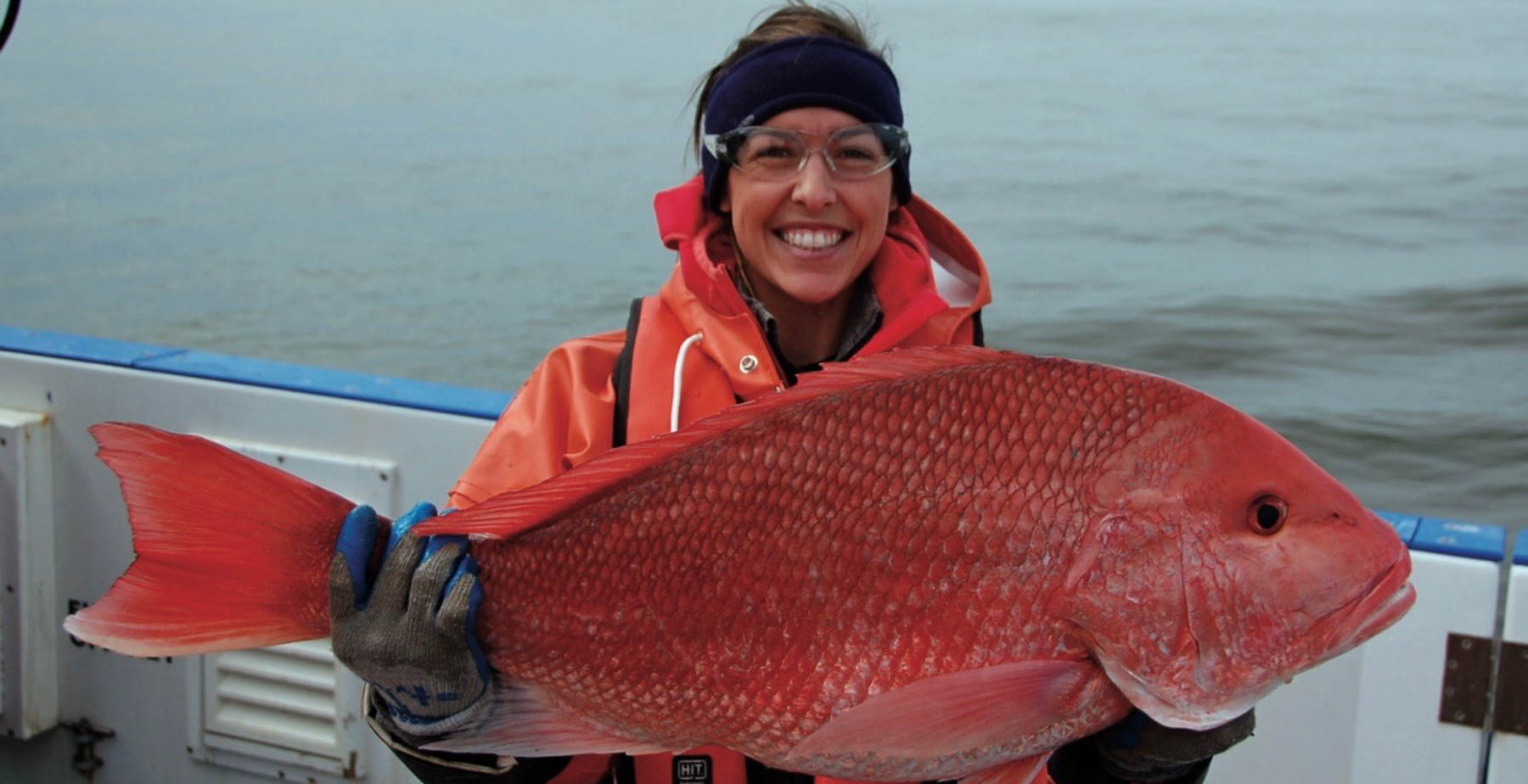Pivoting to Address a Pandemic
Posted on April 17, 2020

Last year, when Sarah Crass became chief of staff at Medical Teams International in Portland, Oregon, she thought the faith-based organization would continue to focus on preventing disease and misery in refugee camps from Lebanon to Bangladesh.
Now that mission hits closer to home.
Near Seattle, where the first novel coronavirus case in the United States was diagnosed, Medical Teams vans now provide mobile command centers for hospitals doing drive-through testing for COVID-19.
“We’ve been able to pivot really well,” said Crass, 42, who graduated from the University of South Alabama in 2000. “We have staff, we have volunteers, so we can tell hospitals and public health departments, ‘Hey, let us help you.’ We have experience working with Ebola and other viruses, so we know how to do isolation, patient care and hygiene education. We’re trying to figure this out, serve where we can.”
In Portland, where Crass works at the headquarters of Medical Teams International, the organization is coping with travel restrictions that complicate its mission in developing countries.
“We work with some of the most vulnerable people in the world,” Crass said. “We’re in Lebanon, Uganda, Tanzania, Bangladesh and Guatemala. We’re praying that the coronavirus stays out of the refugee camps. That would be a heartbreaking scenario.”
In the United States, Medical Teams International is known for the big red vans that it sends out to provide emergency dental care in underserved communities. These are the vehicles that have helped respond to COVID-19 in the state of Washington. The challenge becomes much bigger as coronavirus moves through the rest of the country.
“We’re trying to figure this out,” Crass said. “We’re trying to figure out how to serve where we can.”
Medical Teams International was founded in 1979 by a Salem, Oregon, businessman named Ron Post. News coverage of atrocities in Cambodia inspired him to create Northwest Medical Teams, which became Medical Teams International. The faith-based organization has responded to help refugees of earthquakes in Mexico, famine in Ethiopia and wars all over the world.
Crass has always been based in the United States, but she’s worked all over the world. She grew up in Seattle, where her father worked for Boeing, until he was transferred to Huntsville, Alabama. She chose to go to college at South in Mobile.
After receiving a bachelor’s degree in biomedical sciences, Crass earned a master’s degree in public health from Tulane University. She returned to the state of Washington and spent 11 years at World Vision, another Christian humanitarian organization. Medical Teams has a similar mission.
“We’re definitely led by our faith,” Crass said. “A very passionate group of people.”
In Portland, she lives with her husband and two children. Like so many others, she works from home now.
Public health issues are now a top priority of every nation on earth. Everyone is thinking about pandemics.
“We knew this would be the health threat of the future,” Crass said, “but it came sooner than we expected.”





